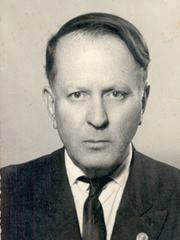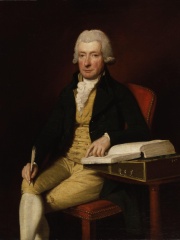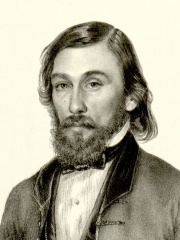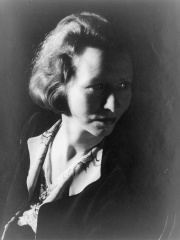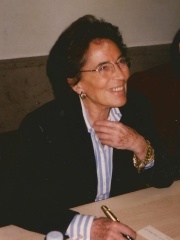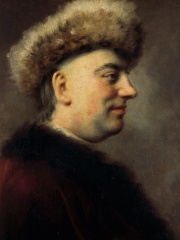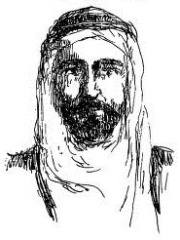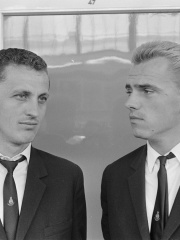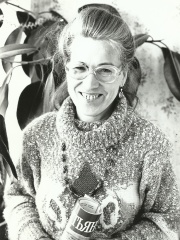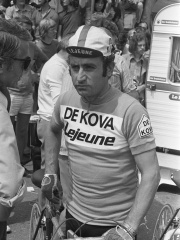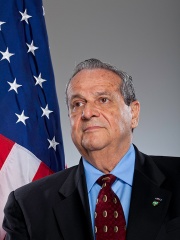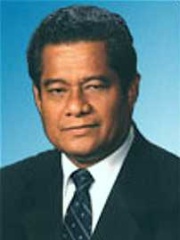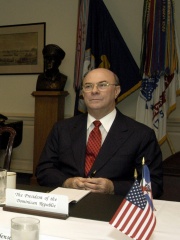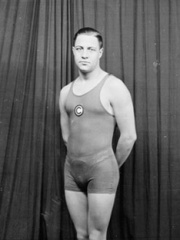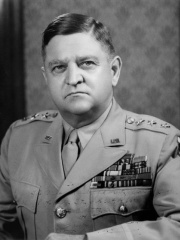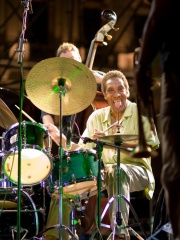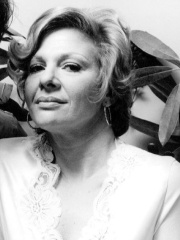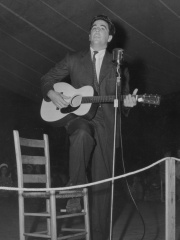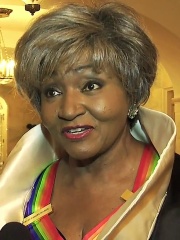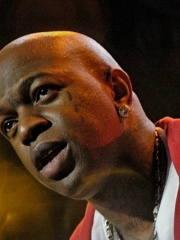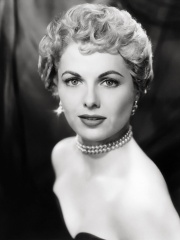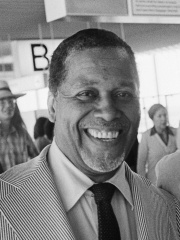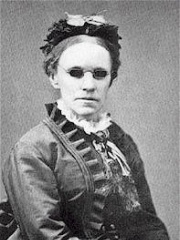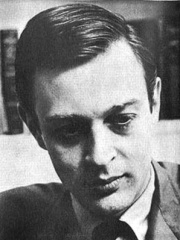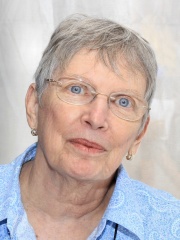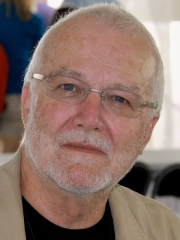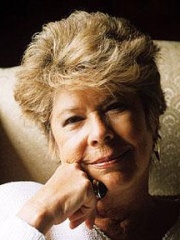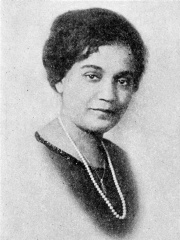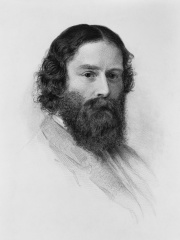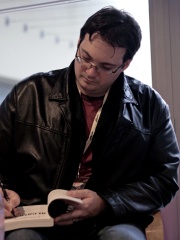WRITER
Robert McKee
1941 - Today
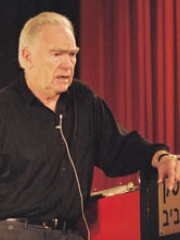
 Robert McKee
Robert McKee
Robert McKee (born January 30, 1941) is an author, lecturer and story consultant who is known for his "Story Seminar", which emerged from a doctoral project which he started but failed to complete at the University of Michigan , and which he further developed while teaching at the University of Southern California. McKee also has the blog and online writers' resource "Storylogue". McKee's "Story Seminars" have been held around the world. The three-day seminar teaches writers McKee's principles of storytelling. Read more on Wikipedia
His biography is available in 20 different languages on Wikipedia. Robert McKee is the 3,562nd most popular writer (down from 3,322nd in 2024), the 5,132nd most popular biography from United States (down from 4,225th in 2019) and the 398th most popular American Writer.
Memorability Metrics
Page views of Robert McKee by language
Among WRITERS
Among writers, Robert McKee ranks 3,562 out of 7,302. Before him are Nihal Atsız, Lady Ise, Chimamanda Ngozi Adichie, William Cowper, Jozef Miloslav Hurban, and Jonathan Littell. After him are Victor Pelevin, Edna St. Vincent Millay, Françoise Giroud, Castor of Rhodes, Barthold Heinrich Brockes, and Tarafa.
Most Popular Writers in Wikipedia
Go to all RankingsNihal Atsız
1905 - 1975
HPI: 59.02
Rank: 3,556
Lady Ise
875 - 938
HPI: 59.02
Rank: 3,557
Chimamanda Ngozi Adichie
1977 - Present
HPI: 59.02
Rank: 3,558
William Cowper
1731 - 1800
HPI: 59.01
Rank: 3,559
Jozef Miloslav Hurban
1817 - 1888
HPI: 59.01
Rank: 3,560
Jonathan Littell
1967 - Present
HPI: 59.01
Rank: 3,561
Robert McKee
1941 - Present
HPI: 59.01
Rank: 3,562
Victor Pelevin
1962 - Present
HPI: 59.00
Rank: 3,563
Edna St. Vincent Millay
1892 - 1950
HPI: 59.00
Rank: 3,564
Françoise Giroud
1916 - 2003
HPI: 59.00
Rank: 3,565
Castor of Rhodes
100 BC - 100 BC
HPI: 59.00
Rank: 3,566
Barthold Heinrich Brockes
1680 - 1747
HPI: 59.00
Rank: 3,567
Tarafa
543 - 569
HPI: 58.99
Rank: 3,568
Contemporaries
Among people born in 1941, Robert McKee ranks 298. Before him are Kálmán Mészöly, Rina Zaripova, Lucien Aimar, Stephen Krashen, Randall Collins, and Félix Rodríguez. After him are Tatyana Kuznetsova, Rosalind E. Krauss, Michael Moriarty, Jacob Nena, Hipólito Mejía, and Júlia Várady.
Others Born in 1941
Go to all RankingsKálmán Mészöly
SOCCER PLAYER
1941 - 2022
HPI: 59.34
Rank: 292
Rina Zaripova
BUSINESSPERSON
1941 - 2008
HPI: 59.33
Rank: 293
Lucien Aimar
CYCLIST
1941 - Present
HPI: 59.22
Rank: 294
Stephen Krashen
LINGUIST
1941 - Present
HPI: 59.19
Rank: 295
Randall Collins
SOCIOLOGIST
1941 - Present
HPI: 59.15
Rank: 296
Félix Rodríguez
MILITARY PERSONNEL
1941 - Present
HPI: 59.04
Rank: 297
Robert McKee
WRITER
1941 - Present
HPI: 59.01
Rank: 298
Tatyana Kuznetsova
ASTRONAUT
1941 - 2018
HPI: 58.89
Rank: 299
Rosalind E. Krauss
CRITIC
1941 - Present
HPI: 58.82
Rank: 300
Michael Moriarty
ACTOR
1941 - Present
HPI: 58.79
Rank: 301
Jacob Nena
POLITICIAN
1941 - 2022
HPI: 58.77
Rank: 302
Hipólito Mejía
POLITICIAN
1941 - Present
HPI: 58.76
Rank: 303
Júlia Várady
SINGER
1941 - Present
HPI: 58.75
Rank: 304
In United States
Among people born in United States, Robert McKee ranks 5,132 out of 20,380. Before him are Ken Huszagh (1891), Walton Walker (1889), Al Foster (1943), Jonathan Littell (1967), Renée Taylor (1933), and Stephen Cook (1939). After him are Alan Lomax (1915), Grace Bumbry (1937), Birdman (1969), Martha Hyer (1924), John Lewis (1920), and Edna St. Vincent Millay (1892).
Others born in United States
Go to all RankingsKen Huszagh
SWIMMER
1891 - 1950
HPI: 59.01
Rank: 5,126
Walton Walker
MILITARY PERSONNEL
1889 - 1950
HPI: 59.01
Rank: 5,127
Al Foster
MUSICIAN
1943 - 2025
HPI: 59.01
Rank: 5,128
Jonathan Littell
WRITER
1967 - Present
HPI: 59.01
Rank: 5,129
Renée Taylor
ACTOR
1933 - Present
HPI: 59.01
Rank: 5,130
Stephen Cook
COMPUTER SCIENTIST
1939 - Present
HPI: 59.01
Rank: 5,131
Robert McKee
WRITER
1941 - Present
HPI: 59.01
Rank: 5,132
Alan Lomax
BUSINESSPERSON
1915 - 2002
HPI: 59.01
Rank: 5,133
Grace Bumbry
SINGER
1937 - 2023
HPI: 59.00
Rank: 5,134
Birdman
SINGER
1969 - Present
HPI: 59.00
Rank: 5,135
Martha Hyer
ACTOR
1924 - 2014
HPI: 59.00
Rank: 5,136
John Lewis
MUSICIAN
1920 - 2001
HPI: 59.00
Rank: 5,137
Edna St. Vincent Millay
WRITER
1892 - 1950
HPI: 59.00
Rank: 5,138
Among WRITERS In United States
Among writers born in United States, Robert McKee ranks 398. Before him are Susan Brownmiller (1935), Fanny Crosby (1820), Richard Yates (1926), Glen Cook (1944), Lois Lowry (1937), and Jonathan Littell (1967). After him are Edna St. Vincent Millay (1892), Russell Banks (1940), Marilyn French (1929), Jessie Redmon Fauset (1882), James Russell Lowell (1819), and Brandon Sanderson (1975).
Susan Brownmiller
1935 - 2025
HPI: 59.14
Rank: 392
Fanny Crosby
1820 - 1915
HPI: 59.11
Rank: 393
Richard Yates
1926 - 1992
HPI: 59.08
Rank: 394
Glen Cook
1944 - Present
HPI: 59.07
Rank: 395
Lois Lowry
1937 - Present
HPI: 59.04
Rank: 396
Jonathan Littell
1967 - Present
HPI: 59.01
Rank: 397
Robert McKee
1941 - Present
HPI: 59.01
Rank: 398
Edna St. Vincent Millay
1892 - 1950
HPI: 59.00
Rank: 399
Russell Banks
1940 - 2023
HPI: 58.99
Rank: 400
Marilyn French
1929 - 2009
HPI: 58.99
Rank: 401
Jessie Redmon Fauset
1882 - 1961
HPI: 58.98
Rank: 402
James Russell Lowell
1819 - 1891
HPI: 58.95
Rank: 403
Brandon Sanderson
1975 - Present
HPI: 58.93
Rank: 404
